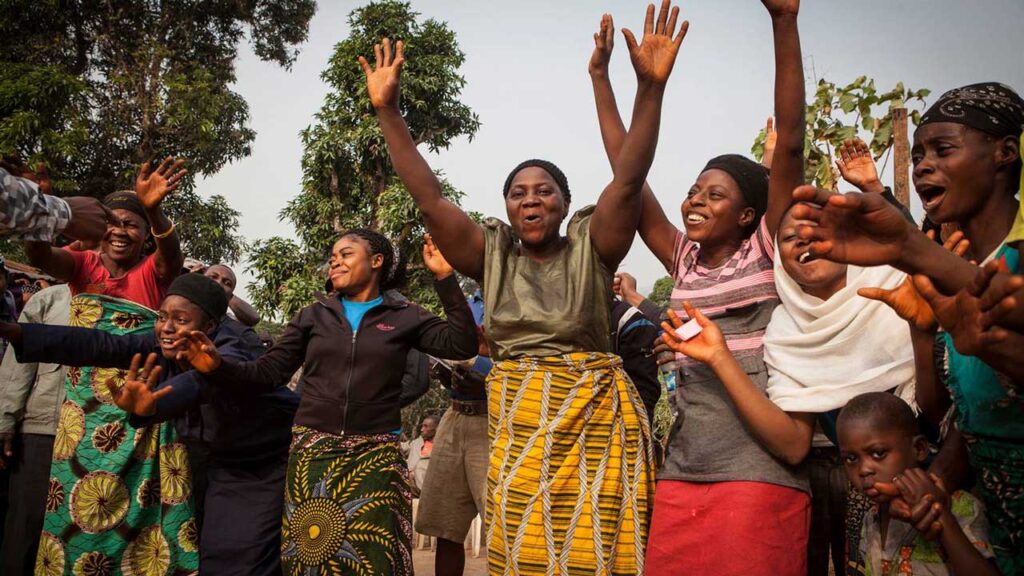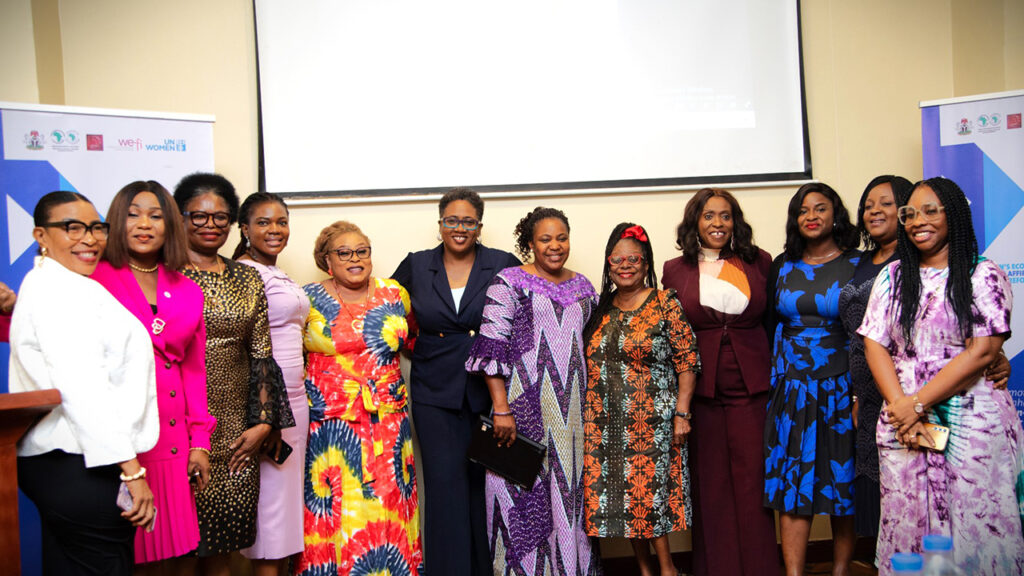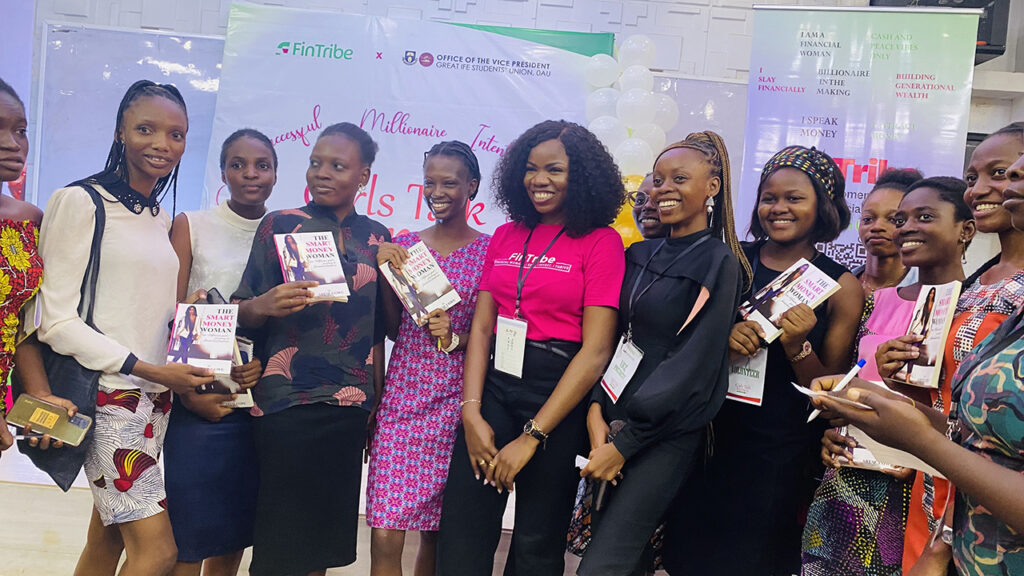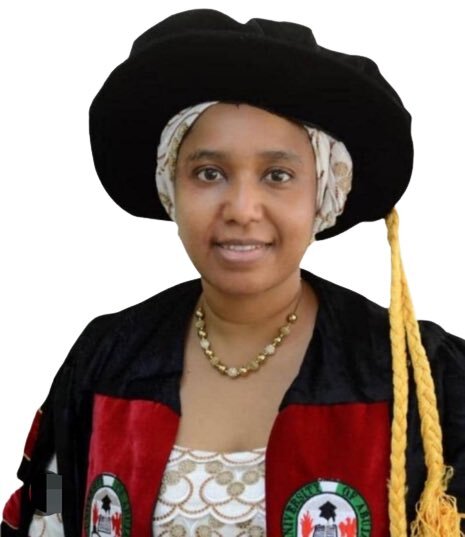
Kaduna state government has inaugurated a 12-man committee to domesticate the National Women’s Economic Empowerment, (WEE), Policy as part of strategic realignment to improve the living conditions of women and girls in the state.
Led by the state’s Commissioner of Human Services and Social Development, Rabi Salisu, the committee is expected to bring its unique expertise and perspective to the table in cascading the police and enabling its domestication in the state.
Salisu noted the importance of the policy to empowering women economically so that they can contribute to a strong and virile state.
Represented by the Permanent Secretary of the ministry, Dorcas Tanko, Salisu urged the committee members to “leverage their wealth of experience and work diligently with the terms of reference.”
She said their task is to review and critically examine the National WEE policy with the ultimate goal of adapting it to suit the states peculiarity.
“Kaduna state’s commitment to an inclusive society, gender equality, access to education, technology, and equal opportunities for the 50 percent of women and girls in the state is unwavering.
“This commitment underscores the importance of the committee’s task and the impact their work can have on the lives of women and girls in the state,’’ she added.
A statement by the development Research and Projects Centre, (dRPC) contains that the adoption of the WEE policy across states is essential to realising the full potential of the Nigerian woman
Chief Operating Officer of the Gender Center of the National Institute for Policy and Strategic Studies, (NIPSS), Professor Linda Kwon-Dung commended the state government for keying into the domestication of the National WEE Policy as part of ongoing efforts to provide guidelines that will ensure gender inclusion and women’s economic empowerment.











